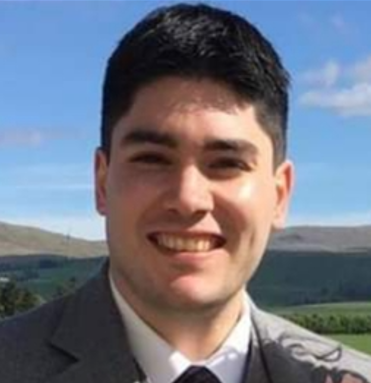Summary
Public toilets play a key role in ensuring public health and wellbeing through infectious disease prevention and control. They also serve to address a wide range of equality issues particularly for those persons suffering with a disability, mobility issues or severe medical, mental and emotional disorders, and can help to build social inclusion by supporting local communities and helping local economies thrive.
However, in past decade and more, many urban and rural areas in the UK have seen the closure of their public toilets which has had an impact on equality of access to such facilities, an increase in the number of reported nusiances as well as inequality of access experienced by certain vulnerable groups in the population with health conditions.
This research aims to explore the value of key public health amenities such as public toilets, , in creating healthy, sustainable, safe and attractive environments, by identifying the specific barriers contributing to a decline in such built environment assets leading to health and social inequalities for those exposed to a lack of access to such assets, and in the creation of unhealthy urban environments as well as the impcats on the commercial future of towns and cities. This research, aligning the subject areas of environmental health and architectural design, will contribute to the wider sustainable development agenda to address prevalent health and social issues within in the built environment.
Essential criteria
Applicants should hold, or expect to obtain, a First or Upper Second Class Honours Degree in a subject relevant to the proposed area of study.
We may also consider applications from those who hold equivalent qualifications, for example, a Lower Second Class Honours Degree plus a Master’s Degree with Distinction.
In exceptional circumstances, the University may consider a portfolio of evidence from applicants who have appropriate professional experience which is equivalent to the learning outcomes of an Honours degree in lieu of academic qualifications.
- Research proposal of 2000 words detailing aims, objectives, milestones and methodology of the project
Equal Opportunities
The University is an equal opportunities employer and welcomes applicants from all sections of the community, particularly from those with disabilities.
Appointment will be made on merit.
Funding and eligibility
This project is funded by:
- Department for the Economy (DfE)
- Vice Chancellor's Research Scholarship (VCRS)
Our fully funded PhD scholarships will cover tuition fees and provide a maintenance allowance of £19,237 (tbc) per annum for three years* (subject to satisfactory academic performance). A Research Training Support Grant (RTSG) of £900 per annum is also available.
These scholarships, funded via the Department for the Economy (DfE) and the Vice Chancellor’s Research Scholarships (VCRS), are open to applicants worldwide, regardless of residency or domicile.
Applicants who already hold a doctoral degree or who have been registered on a programme of research leading to the award of a doctoral degree on a full-time basis for more than one year (or part-time equivalent) are NOT eligible to apply for an award.
*Part time PhD scholarships may be available, based on 0.5 of the full time rate, and will require a six year registration period (individual project advertisements will note where part time options apply).
Due consideration should be given to financing your studies.
Recommended reading
- Banks, T.L., 2019. The disappearing public toilet. Seton Hall L. Rev., 50, p.1061.
- Bradley, 2023. Lose-loos situation: the demise of public toilets in the UK. Online access 24/10/2024: https://theweek.com/public-sector/960428/loos-lose-the-demise-of-public-toilets-in-the-uk
- Flint, R. 2017. Down the drain: Public loos a 'right' or a waste of money? Online access 24/10/2024: https://www.bbc.co.uk/news/uk-wales-38907161
- Greed, C. 2006. The role of the public toilet: pathogen transmitter or health facilitator? Building Serv. Eng. Res. Technol; Vol. 27(2), pp. 127-139.
- Greed, C. 2014. Global gendered toilet provision. In: More Public than Private: Toilet Adoption and Menstrual Hygiene Management II in AAG Annual Conference, Tampa, Florida, USA, pp. 8-12.
- Jones, L & Schraer, R. 2018. Reality check: public toilets mapped. Online access 24/10/2024: https://www.bbc.co.uk/news/uk-45009337.amp
- Patel, K.A., Lad, V.H., Panchani, A.C. and Patel, D.A., 2022, December. Condition index for public toilets using multi-criteria decision-making techniques. In Proceedings of the Institution of Civil Engineers-Municipal Engineer (Vol. 176, No. 2, pp. 87-97). Thomas Telford Ltd.
- Royal Society for Public Health (RSPH), 2019. Taking the P***: The decline of the Great British Public Toilet. Online access 24/10/2024: https://www.rsph.org.uk/our-work/policy/healthy-places/taking-the-p.html
- Testoni, C. (2023) The architecture of public toilets, from antiquity to present-day project. Domus. 8 February.

















